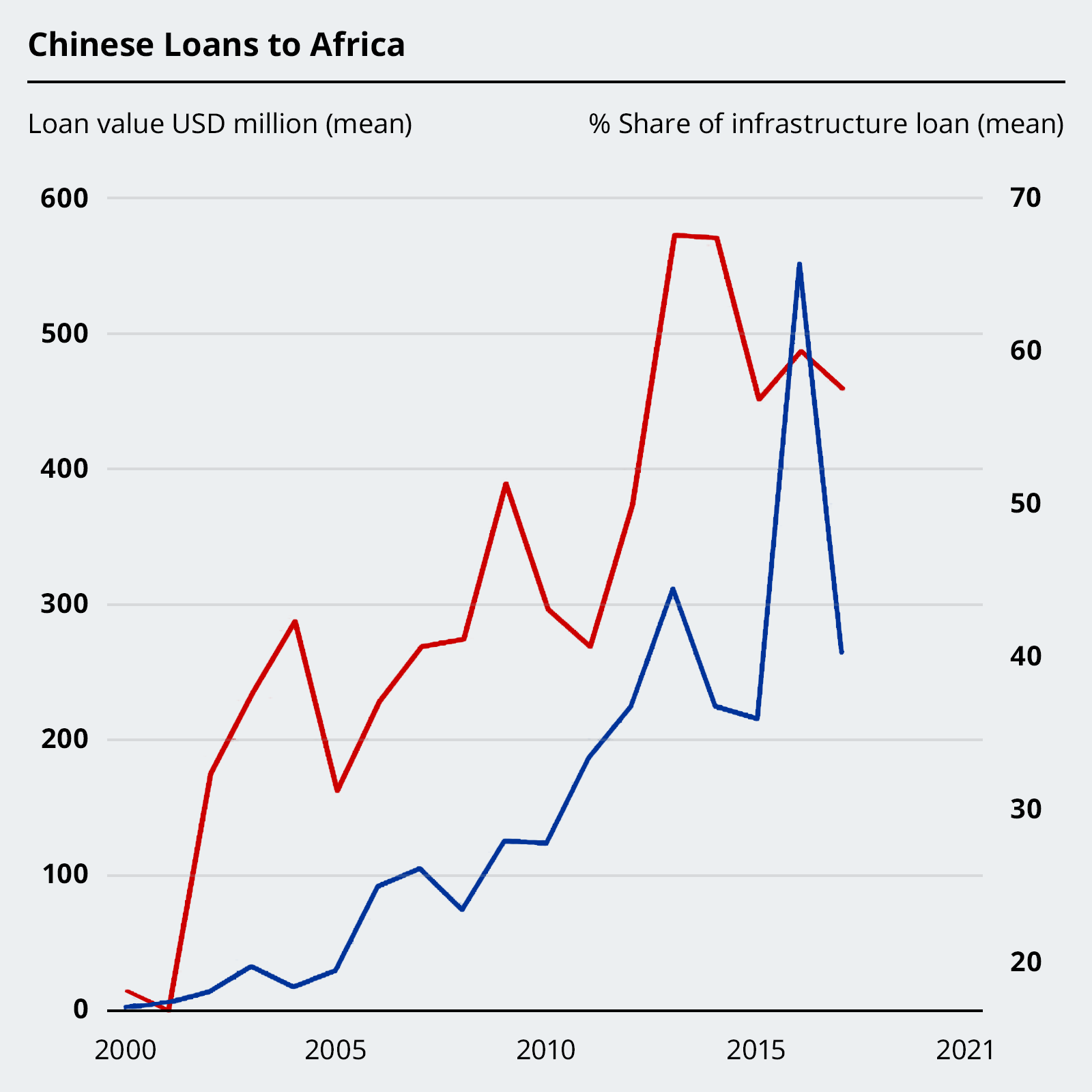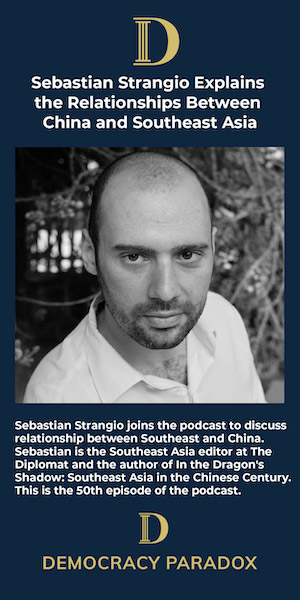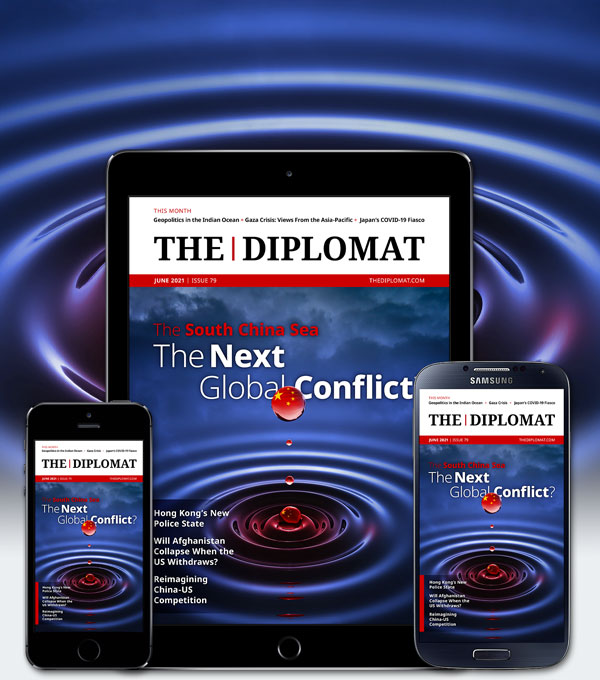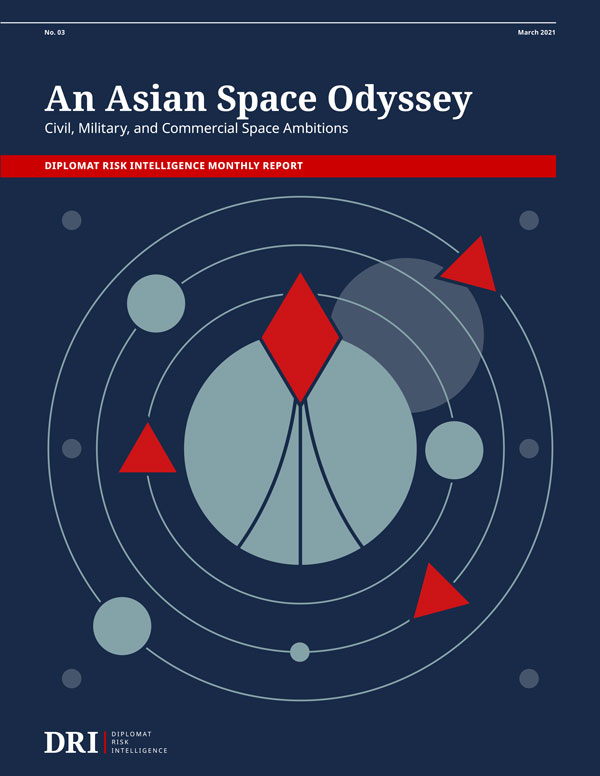| Welcome to the latest issue of Diplomat Brief. This week our top story looks at the Asian issues highlighted by last week’s G-7 Summit. We also have an interview with Dechen Wangmo, the health minister of Bhutan and current president of the World Health Assembly (WHA), on improving global health and lessons learned from COVID-19. |
| Story of the week |  | DIPLOMACY What the G-7 Summit in Cornwall Means for AsiaWhat Happened: On June 11, the leaders of the G-7 countries gathered in the U.K. for their annual summit – the first for the Biden administration. While the Group of 7 only has one Asian member – Japan – the U.K. exercised its privilege as host to include three other Indo-Pacific democracies: Australia, India, and South Korea. Meanwhile, regional issues, most notably the rise of China, figured prominently in the summit itself. Our Focus: “There was a great deal in the summit’s discussions and in its final communique that was pertinent to Asia. Particularly significant was the announcement of a global infrastructure plan, to give developing countries an alternative to doing business with China through its Belt and Road Initiative.” wrote Duncan Bartlett, a research associate at the SOAS China Institute and former BBC journalist, for The Diplomat. Meanwhile, “a spokesperson from the Chinese Embassy in the U.K. dismissed the event in Cornwall as ‘pseudo-multilateralism serving the interests of a small clique or political bloc.’” What Comes Next: The first G-7 Summit since Biden took office was further evidence of a seachange in global perceptions of China since the pandemic began, resulting in increased appetite among U.S. allies for stronger pushback against Beijing. The big question now is whether the G-7 – or even a future “G-10” looping in Canberra, New Delhi, and Seoul – is willing to take actions or will content itself with strong words. That, in turn, will hinge on just high of a priority countering China is for the governments in the group. Read this story |
| Behind the News | INTERVIEW Dechen WangmoDechen Wangmo, the health minister of Bhutan and president of the WHA, on her country’s approach to the pandemic: “Bhutan has one ICU doctor in the country so initially when we started modeling our worst-case scenario for Bhutan it was daunting numbers. I said, my God, we really need to focus [on] prevention.” Read the interview |
| This Week in Asia | Northeast Asia Sexual Assault Scandal Rocks the ROK MilitaryIn May, a female sergeant in the South Korean military committed suicide, two months after reporting a sexual assault at the hands of a senior officer. The case burst into the public view this week, sparking vociferous criticism of the military’s lackluster response to her accusation. The Defense Ministry has pledged a thorough investigation, but many South Koreans aren’t expecting full accountability anytime soon. Find out more | South Asia Geopolitics and Nepal’s Political CrisisNepal’s Parliament has been suspended – again – after frictions between former political allies tore apart the governing coalition. The political infighting has taken on a geopolitical tint, as Prime Minister Oli courts India for support and his rivals in the short-lived unified Nepal Communist Party look to China instead. The country’s political instability is homegrown, no doubt, but the Sino-Indian geopolitical tussle is adding fuel to the fire. Find out more | Southeast Asia U.N. Security Council to Meet Again on MyanmarOn June 18, the U.N.’s apex body will meet in a closed-door session to discuss the ongoing political crisis in Myanmar. The Security Council is expected to receive a briefing from Erywan Pehin Yusof, Brunei's second minister for foreign affairs, who was one of two ASEAN envoys to meet earlier this month with junta leader Min Aung Hlaing, who seized power in February. However, with permanent member China having recently made its peace with Myanmar’s military junta, unified action by the Council seems a remote prospect. Find out more | Central Asia Japarov Back from Turkey, Orhan Inandi Still MissingKyrgyz President Japarov had a successful trip to Turkey last week, but Turkish-born educator Orhan Inandi is still missing in Bishkek. Rumors are swirling that he's being held in the Turkish Embassy, but Turkish President Erdogan dismissed the matter sharply. Find out more |
| Visualizing APAC |  | Data source: SAIS-CARI Chinese Loans to Africa database The total amount of Chinese loans to Africa since 2000 – and the growing percentage of those loans devoted specifically to infrastructure construction. See the full picture |
|  |





